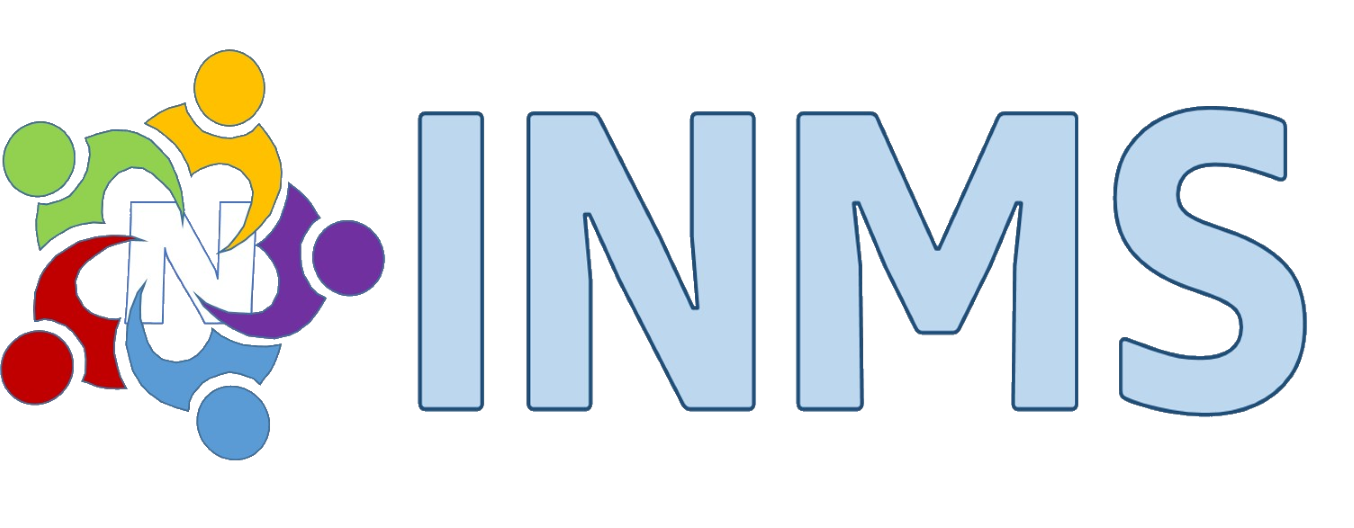This Law consisting of 11 articles aims at restructuring Lebanese Water Sector. It defines the role and competencies of the Ministry of Energy and Water (MEW) and establishes four Regional Water Authorities (based in Beirut, Tripoli, Zahle and Sidon) overseen by the Ministry. Main objective of the Law is to separate clearly between the macro and micro management of water, and to strengthen the policy of the decentralization by granting more autonomy to regional authorities involved in management of water supply and separating between policy-making and service provision. Competencies of the Ministry are: to collect and prepare statistics and study water resources to evaluate water needs and field of usage over the Lebanese territory; to control the surface and underground water quality: to identify standards to be applied; to establish the general planning project for hydraulic resources allocation, distinguishing between the drinking and irrigation water usage; to design, study and implement the large water installations and works; to give licenses and permits for water survey, public water usage and temporary occupation of public properties; to carry out control and tutelage over the public bodies operating in the water field; to ameliorate performances of the Water Exploitation Public Establishments (WEPEs); to provide public relations with the population and to provide adequate orientation toward a rational water use. Each Authority is responsible for: planning, operating and maintaining the water system; implementing a cost recovery program that will allow for new resources to be invested in the system; fixing tariffs for water services (drinking water, irrigation water, discharge wastewater) taking into consideration economic and social conditions; mmonitoring drinking water and irrigation water quality and the quality of wastewater. A Commission is established in the Ministry of Energy and Water to assess the performance of public institutions for water.
Law No.221 of 2000 on Water Sector Organization.
